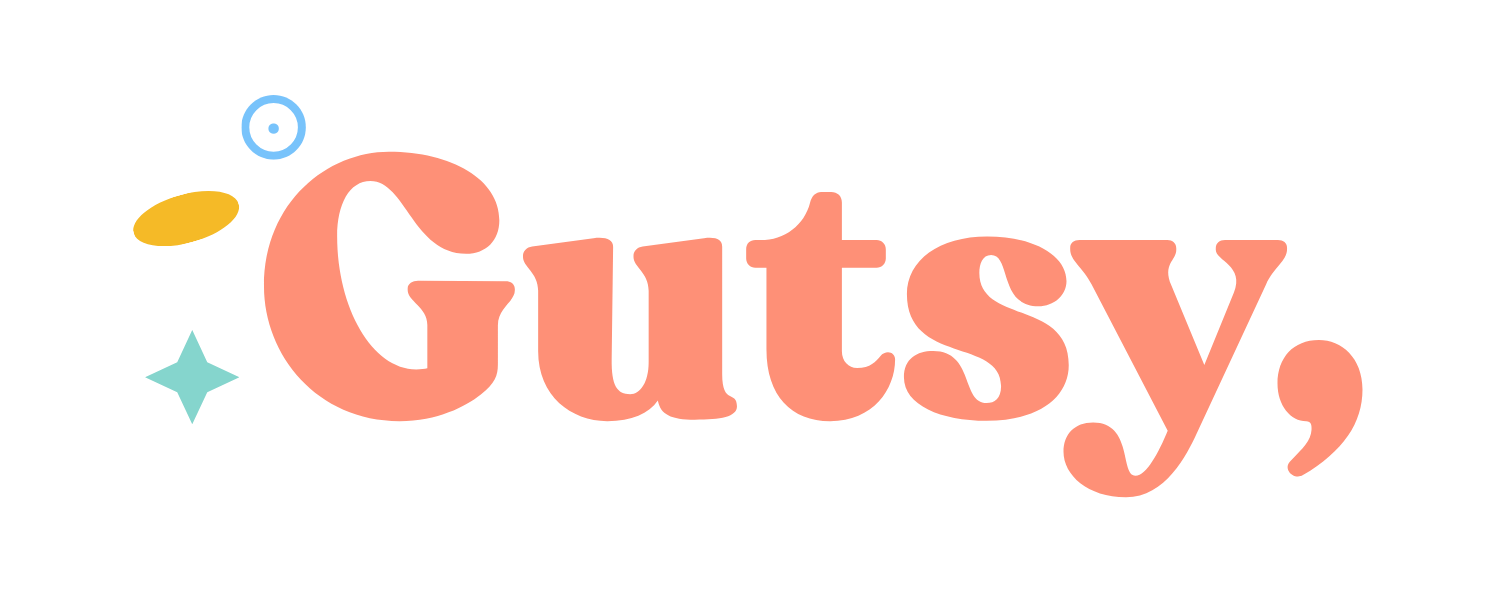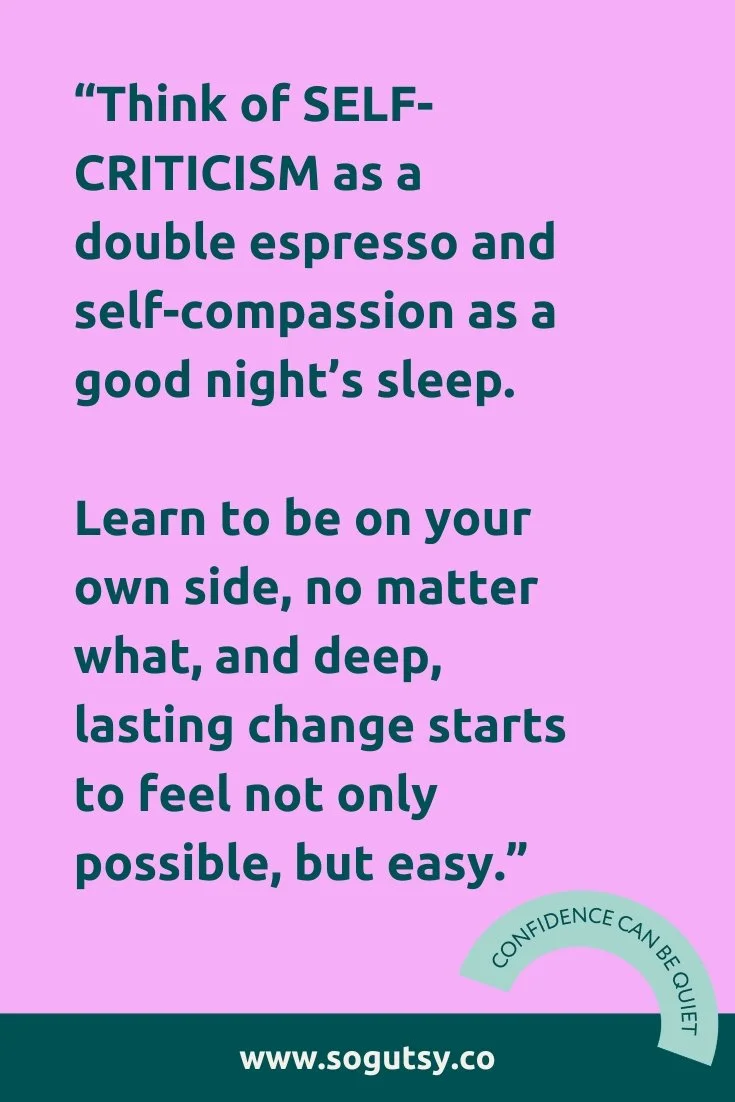Why Do I Keep Comparing Myself to Others? A Guide for Shy People
You’re at a party, watching someone chat effortlessly with strangers while you clutch your drink, wondering why you can’t do the same. Later, you’re scrolling social media, and everyone seems more confident, more successful, more everything than you. Sound familiar?
If you struggle with shyness or social anxiety, you’re probably intimately acquainted with the exhausting habit of comparison. And here’s what I’ve learned through my work with quiet creatives and bold introverts: this constant measuring-up isn’t just uncomfortable – it’s one of the main things keeping you stuck.
The Hidden Connection Between Comparison and Social Anxiety
When you’re constantly monitoring yourself, measuring up against others, and trying to calculate what everyone thinks of you, there’s little energy left for simply being present and authentic. It’s like running two lives simultaneously – the one you’re living and the one you’re critiquing.
I used to spend so much time worrying about what others thought of me, trying to measure up or constantly checking myself to make sure I was doing, saying or wearing the right thing. After all that, there wasn’t much time or energy left to explore who I was, what I thought or what I actually cared about.
Here’s the real cost: I didn’t get the practice in allowing myself to be seen, to try things out, experiment, fail, try again, because I was so guarded and so busy adapting myself to who and what was going on around me.
Negative comparison is one of the most common struggles people share with me – whether they’re out on a limb, trying something gutsy and new, or just dealing with the day-to-day pain of social anxiety. The two feed each other: social anxiety makes you hyper-aware of others, and comparison makes you feel inadequate, which intensifies the anxiety. It’s an exhausting loop.
But shifting this pattern can transform the way you experience social interactions – from anxiety, overwhelm and distress to peace, presence and easy expression.
Negative comparison is one of the most common struggles people share with me — whether they’re out on a limb, trying something gutsy and new, or just dealing with the day-to-day pain of social anxiety.
Shifting it can transform the way you experience social interactions, from anxiety, overwhelm and distress to peace, presence and easy expression.
Why Being Mean to Yourself Doesn’t Work
Research consistently shows that self-compassion outperforms self-criticism in creating lasting change. In her book Self-Compassion: The Proven Power of Being Kind to Yourself, Kristin Neff writes:
“self-critics are less likely to achieve their goals… In one study, for instance, college students were asked to describe their various academic, social, and health-related goals, and then to report on how much progress they had made toward these goals. Self-critics made significantly less progress toward their goals than others and also reported that they procrastinated more often.”
Think of self-criticism as a double espresso and self-compassion as a good night’s sleep – one gives you a quick jolt, but the other provides sustainable energy. I don’t believe it’s possible to develop the kind of confidence, ease and connection we all want by dragging ourselves through the mud, yelling abuse and training ourselves to get really good at absorbing criticism.
Four Exercises to Transform Your Comparison Habit
These aren’t quick fixes or power poses. They’re creative, playful practices that honour who you truly are while gently loosening comparison’s grip.
Exercise 1: Watch & Learn (The Comparison Detective)
Why this works: Awareness is the first step to freedom. When you’re stuck in social anxiety, you’re already brilliant at watching and assessing – now we’re flipping those skills to your advantage.
What to do: Create a Comparison Log for one week. When you catch yourself comparing, note down:
What sparked it? (A situation, person, your mood, what happened earlier?)
What story did your mind tell? (The narrative that popped up)
Where did you feel it in your body? (Tightness, sinking feeling, heat?)
No judgment, no trying to change anything – just notice with kindness.
Gutsy tip: If you get caught up in comparison, try this quick reset: Take one expansive breath, imagine turning the volume down on your thoughts, shake it off (literally!) like you’re flinging water droplets from your fingers, then return to the present moment with a little smile.
Exercise 2: The YOU List (Your 100 Superpowers)
Why this works: We get stuck thinking there’s one ‘right’ way to be, and nobody measures up. But you’re already magnificent, exactly as you are – and building evidence of that becomes your new habit.
What to do: Create a list of 100 things that make you YOU. Not achievements or external validation – capture your essence. What lights you up? Which tiny habits are distinctly yours? What do you love that others might find strange? How do you make the world a little better?
Break it into chunks: 25 things over days 1–3, another 25 over days 4–6, and so on.
Stuck? Ask three people to share what they treasure about you. Yes, it feels awkward – but it’s a chance to be a little bold and receive beautiful gifts in return.
Keep it alive: Write it up nicely and pin it on the wall, fold it into your wallet, or record it as an audio track with background music for a powerful confidence boost.
Exercise 3: Jealousy to Gold (Mining for Your Hidden Dreams)
Why this works: The things we admire and notice in others are often latent and hidden inside ourselves – things that want to come out and be expressed. Your jealousy is a map to your own potential.
What to do:
List 5 behaviours or qualities that often appear in your comparison thoughts
Mine for gold by exploring each one:
What specifically catches your attention?
Are you drawn to the behaviour itself or what it represents? (For example: Your brother gets a promotion and your mum won’t stop talking about it. This doesn’t necessarily mean your soul is calling out for a work promotion – perhaps it’s calling out for more respect, recognition or reward.)
How might this quality already exist within you, waiting to be expressed?
What would it look like if you expressed this quality in your own unique way?
Choose one golden quality to focus on this week. Create a daily reminder: a talisman on your desk, a meaningful symbol as your phone background, a piece of jewellery, a morning ritual or a tiny artwork.
Exercise 4: True Values (Becoming Your Own Judge)
Why this works: Sometimes we compare ourselves negatively to someone who embodies values we don’t even actually want! It’s time to separate the expectations and supposed norms from what actually makes your soul sing.
What to do:
Look back at your previous lists and mark each comparison or aspiration:
⭐ = Makes my heart sing
📱 = Society’s expectation
👥 = Someone else’s dream for me
Complete these truth prompts:
When I feel most alive, I’m...
The kind of connection I truly crave is...
What I secretly dream of expressing is...
I feel most myself when...
If nobody was watching, I would...
Choose one value you want to express more fully. What’s one tiny, brave step you could take tomorrow? Tiny steps taken consistently create lasting change.
Why Creative Play Changes Everything
Through working with drama games and improvisation, I’ve discovered something that transformed my understanding of comparison: when we’re being playful and creative together, we can start to let go of the pressure to be anything other than present.
In improvisation, we practice releasing the need to be original, clever or better than anyone else. That pressure is exactly what keeps us holding back — constantly comparing, constantly calculating. But when you just let your first idea out, when you allow yourself to be “boring” or to copy someone else, something remarkable happens: you step into a kind of flow.
At first, this feels like a huge risk because it’s uncertain. But over time, you learn to trust that when you step into the flow, there’s something there to catch you: your own creativity, your own imagination, your own self.
This kind of creative work helps you discover qualities in yourself you didn’t know were there. You start to see that we’re all working with the same fundamental human experiences, but your way of expressing them is entirely your own. You can’t compare an apple to an orange — and you can’t compare your authentic expression to anyone else’s.
You’re Not Alone in This
One of the most heartening aspects of running group courses is the incredible relief that participants experience when they share their struggles with others and a ripple of nods flows through the room. Knowing that you’re not alone is amazing medicine.
While reading my words here might not have the same bone-deep impact as when we’re together, I hope you know: you’re not alone in this experience, it’s completely human, and you can find ways to ease its grip.
Want to go deeper into understanding your comparison patterns? Read: The Hidden Cost of Comparing Yourself to Others (And Why It Makes Social Anxiety Worse) to explore the psychology behind comparison, why it feels so “logical” (even when it’s harmful), and the hidden ways it keeps you trapped in your head instead of connecting with others.
Stick These On Your Mirror (for when you forget)
Comparison and social anxiety create an exhausting feedback loop that drains your energy
Self-compassion is more effective than self-criticism for lasting change
Your comparison habit can be transformed through gentle, creative practices
The qualities you admire in others are often hidden within yourself, waiting to be expressed
You don’t have to change who you are to change how you feel
Ready to Go Deeper?
I know what it’s like to watch life from behind protective glass. For years, I was the whisper-voiced one who felt too shy to follow her dreams – now I’ve drummed in a feminist punk band (and toured across Europe), published a book (and even spoke at the launch), and collaborated on art projects that bring people together for food and conversation. The real victories? Being able to order in restaurants without panic, speaking in meetings, going to events alone with ease, and feeling self-acceptance, peace, belonging and connection.
For over a decade, I’ve explored how we connect when speaking is nerve-wracking and groups feel awkward – through art projects, workshops, dramatherapy-informed confidence practices, and training in coaching the unconscious mind. Gutsy grew from all of this: a living experiment in how quiet people can find their gutsy way forward without abandoning themselves along the way.
Get Gutsy is my newsletter celebrating quiet and connection.
You’ll get personal notes on my so-called socially awkward life, insights on building an introvert-friendly world, honest reflections on navigating friendship and community when neither come naturally – plus practical resources, exercises like these, and early access to new courses and group programmes.
No fake-it-till-you-make-it advice. No power poses. Just playful, creative approaches that honour who you truly are.



